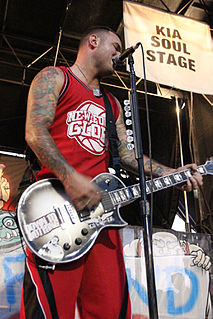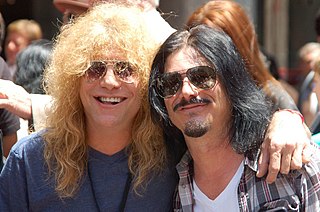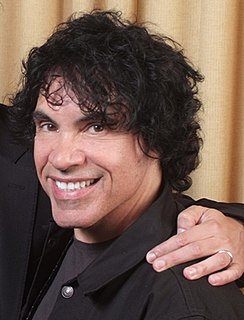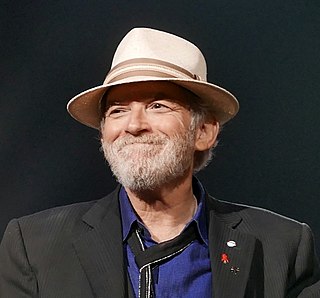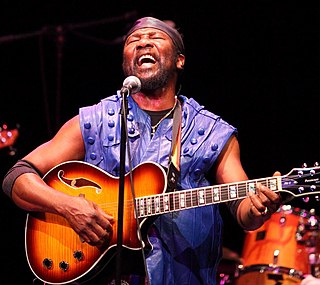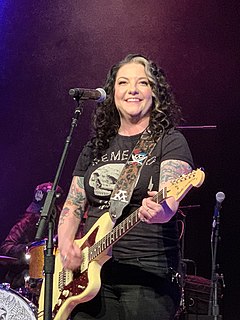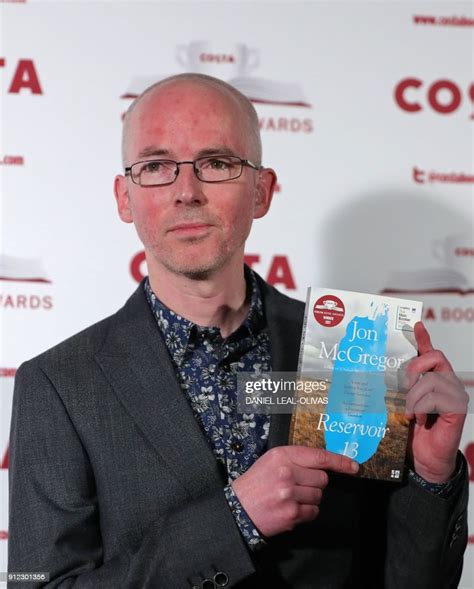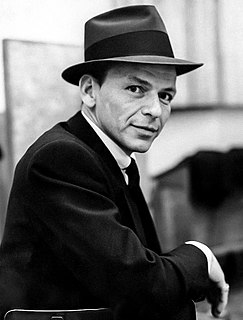Ein Zitat von M. Ward
Meine Philosophie beim Produzieren einer Platte besteht darin, dass alle Beteiligten, mich eingeschlossen, dem Song aus dem Weg gehen und ihm gleichzeitig so genau wie möglich zuhören und hinhören, wohin der Song gehen möchte.
Verwandte Zitate
Hören Sie sich „Things We Said Today“ der Beatles an. Ringo Starr spielt nicht im gesamten Song ein Fill. Es braucht es nicht. „A Day In the Life“ hat wunderschöne Fills, aber der Song braucht sie. Wenn ich auf einer Platte spiele, strebe ich danach, dorthin zu gelangen, wo Ringo ist. Du spielst das, was dich nicht aus dem Lied bringt.
Reggae ist eine Botschaft des Trostes; eine Botschaft der Erlösung. Die Jugendlichen gehen in die Schule und müssen den Worten zuhören. Die Eltern müssen auf die Worte hören. Gott muss auf die Worte hören. Wir müssen es also positiv gestalten. Wenn Sie Kinderreime singen, ist das nichts. Du explodierst morgen einfach und gleichzeitig stirbt die Platte. Aber wenn Sie positive Worte sagen, lebt dieses Lied für immer.
Ich bin damit aufgewachsen, mir ein Album vom Anfang bis zum Ende anzuhören, und man überspringt keine Songs. Du hörst dir keine Paul-Simon-Platte an und überspringst ein Lied: Du hörst sie auf die gleiche Weise, wie du eine Mahlzeit essen würdest ... auf die Art und Weise, wie die Person, die diese Mahlzeit für dich zubereitet hat, es für dich bedeutet, sie zu erleben. So sollten Sie es machen, bevor Sie Salz und Pfeffer hinzufügen.
Meine Philosophie beim Schreiben eines Liedes für mich selbst ist, dass ich immer, immer, immer ein Lied schreiben möchte. Ich möchte immer ein Lied schreiben. Mir ist klar, dass ich als Plattenproduzent oder Sänger oder was auch immer ich nicht bin, wenn ich bei mir selbst oder jemand anderem etwas aufnehme, ich es beim ersten Mal möglicherweise nicht richtig behandle, sodass die Welt oder viele Menschen es und es akzeptieren wird ein Publikumshit oder so etwas in der Art sein.
Wenn man zuhört, kann man es hören. Die Stadt, sie singt. Wenn Sie ruhig stehen, am Fuße eines Gartens, mitten auf der Straße, auf dem Dach eines Hauses. Nachts ist es am deutlichsten, wenn der Klang die Oberfläche der Dinge schärfer durchdringt und das Lied einen Ort in dir erreicht. Für die meisten ist es ein wortloses Lied, aber es ist trotzdem ein Lied, und niemand, der es hört, könnte daran zweifeln, was es singt. Und das Lied singt am lautesten, wenn Sie jede Note auswählen.
Ich beziehe ein Publikum persönlich in einen Song ein – weil ich selbst involviert bin. Es ist nichts, was ich absichtlich tue: Ich kann nicht anders. Wenn das Lied eine Klage über den Verlust der Liebe ist, bekomme ich Schmerzen im Bauch. Ich spüre den Verlust selbst und schreie vor der Einsamkeit, dem Schmerz und dem Schmerz, den ich fühle.



